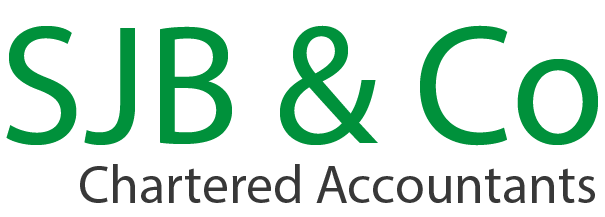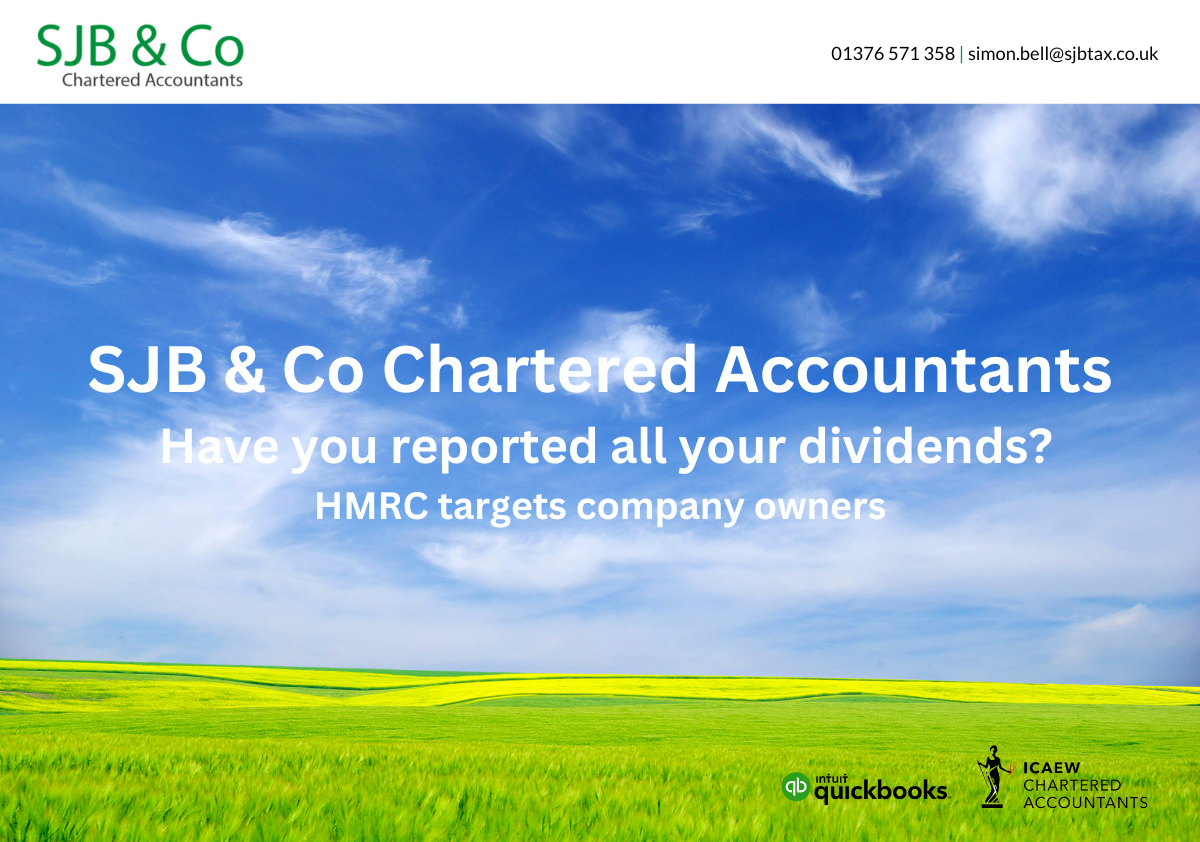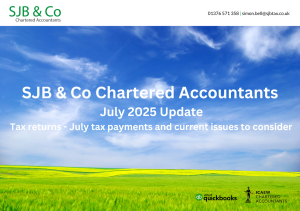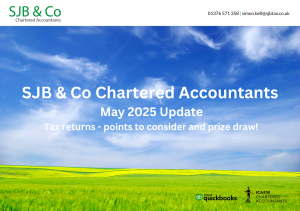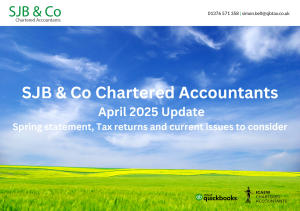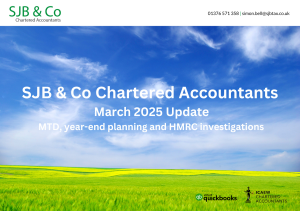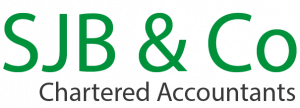|
Have you reported all your dividends? |
HMRC’s latest one-to-many letter, targets company owners who they believe may have failed to declare dividend income. The letters have been sent where the company accounts show a large drop in reserves, but the shareholders have failed to declare dividend income on their personal tax returns.
Key dates
Dividend income should be shown on the shareholder’s personal tax return, which must be filed online no later than midnight on 31 January following the end of the tax year to which it relates.
This note explains how dividend income is taxed, and what to do if you receive a letter from HMRC.
Extracting profits as dividends
Directors of personal and family companies will often take a small salary (usually up to the level of their available personal allowance) and extract further profits as dividends, assuming they have sufficient retained profits available from which to pay the dividend.
Dividends can only be paid from retained profits. Where a particular class of share has more than one shareholder, dividends must be paid in proportion to shareholdings. However, this restriction can be overcome by having an alphabet share structure (so that each shareholder has their own class of share, for example, ”A” ordinary shares and “B” ordinary shares). This is useful in a family company as it enables family members to receive dividends to use their dividend allowances and basic rate bands.
Taxation of dividend income
Although the profits from which dividends are paid have already suffered corporation tax, the shareholder will also have to pay personal tax to the extent that any dividends that they received are not sheltered by their dividend or personal allowances.
All taxpayers, regardless of the rate at which they pay tax, receive a dividend allowance. This is essentially a nil rate band rather than a true allowance and dividends sheltered by the dividend allowance are taxed at a zero rate. However, they count as band earnings. The dividend allowance is set at £1,000 for 2023/24, reducing to £500 for 2024/25.
Once the dividend allowance and any remaining personal allowances have been used, dividends (which are treated as the top slice of income) are taxed at the dividend tax rates – 8.75% where the dividend income falls in the basic rate band, 33.75% where it falls in the higher rate band and 39.35% where it falls in the additional rate band.
Shareholders should declare their dividend income on their personal tax return.
Company accounts
HMRC have been looking at company accounts for evidence of dividend income which may not have been declared. This may be the case where the reserves have fallen despite the company making a profit or have increased by less than the profit.
The letter
HMRC have written to company owners who they believe may have undeclared dividend income. The letter states that the company accounts show a profit but also a large drop in reserves, which usually means that the shareholders have received a distribution or dividend. It instructs the recipient to check their Self-Assessment tax return to make sure that they have declared any dividend income, pointing out that they may owe tax if they have not done so.
Action
The action that must be taken depends on whether or not you have dividends to declare.
Where you have dividends to declare, this should be corrected using the online service at www.gov.uk/guidance/tell-hmrc-about-underpaid-tax-from-previous-years. You will need to register to use this service. Undeclared dividends must be notified to HMRC within 30 days of the date of the letter.
Once you have declared your dividend income, HMRC will issue you with a payment reference number (PRN) by post. You should use the same online service to pay what you owe, including interest and penalties, within 90 days of the date on which you received the PRN.
If there is nothing to declare, for example, because any dividends you received were sheltered by your personal or dividend allowances, you must inform HMRC by emailing them using the address in the letter or by calling them on 0300 123 0998. This must be done within 30 days of the letter.
HMRC warn company owners that if they ignore the letter, they may open a compliance check and that higher penalties may be charged.
Please feel free to forward this newsletter to any colleagues or friends who may be interested in it.
For more information or to discuss any issues raised above please contact Simon Bell by phone on 01376 571358 or email [email protected]
This article is written in general terms and therefore cannot be relied on to cover specific situations; applications of the principles set out will depend on the particular circumstances involved and it is recommended that you take professional advice before acting or refraining from acting on any material in the newsletter.
